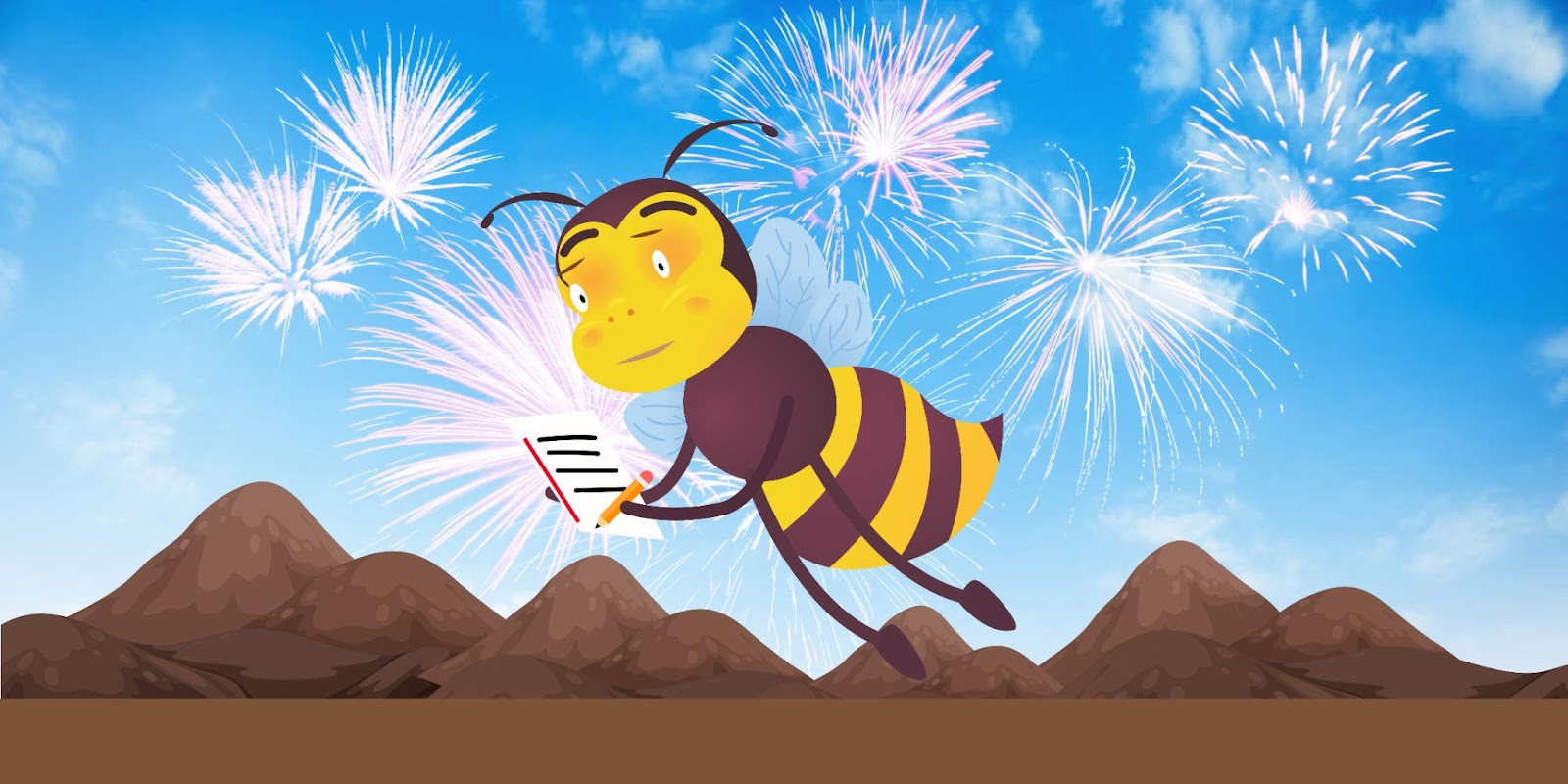
09 Best Uncommon Beekeeping Tips
Welcome, aspiring beekeepers and honey enthusiasts! In this exciting blog post, we'll embark on a journey into the captivating realm of beekeeping. Whether you're a beginner or an experienced apiarist, we have a hive of knowledge to share with you. Join us as we uncover essential tips that will help you establish and nurture a thriving beekeeping adventure. So, put on your beekeeping suit, grab your smoker, and let's dive into the buzzing world of beekeeping!
Tip 1 - Location, Location, Location
Choosing the right location for your beehives is crucial. Aim for a spot that receives ample sunlight, preferably facing east or southeast. Ensure the area is sheltered from strong winds and has a nearby water source. Additionally, consider the availability of flowering plants in the vicinity, as bees rely on nectar and pollen for sustenance.
Tip 2 - Bee-friendly Plants and Forage
Create a bountiful buffet for your bees by planting a diverse range of flowering plants. Choose varieties that bloom at different times throughout the year, providing a steady supply of food for your precious pollinators. Lavender, sunflowers, borage, and wildflowers are just a few examples of bee-friendly plants that will entice and nourish your buzzing friends.
Tip 3 - The Art of Hive Inspection
Regular hive inspections are essential for monitoring the health and productivity of your bee colony. Approach inspections with care and respect for the bees. Use a smoker to calm them and wear appropriate protective gear, including a beekeeping suit, veil, and gloves. Inspect frames for signs of brood health, honey production, and potential issues like pests or diseases. Keep thorough records of your observations to track the progress of your hive over time.
Tip 4 - Swarming Prevention
Swarming is a natural behavior of honeybee colonies, but it can lead to the loss of valuable bees. To prevent swarming, ensure your hives have sufficient space by adding extra supers when necessary. Regularly monitor brood production and consider splitting a strong colony into two to provide each group with adequate resources and reduce the likelihood of swarming.
Tip 5 - Pest and Disease Management
Protecting your bees from pests and diseases is paramount. Practice good hive hygiene by regularly cleaning and maintaining your equipment. Monitor for common pests such as varroa mites and small hive beetles, and implement appropriate control measures if necessary. Stay informed about local regulations and best practices regarding disease management, and consult experienced beekeepers or local beekeeping associations for guidance.
Tip 6 - Honey Harvesting
Ah, the sweet reward of beekeeping! When it's time to harvest honey, ensure the majority of frames are capped, indicating that the honey is ripe. Use a bee escape or a fume board to clear bees from the supers before removing them. Extract the honey using a honey extractor, or consider crush and strain methods for smaller quantities. Remember to leave enough honey for your bees to sustain themselves throughout the winter.
Tip 7 - Continuous Learning and Networking
Beekeeping is a journey of constant learning and growth. Stay curious and invest time in expanding your knowledge. Attend workshops, seminars, or beekeeping courses to enhance your skills. Join local beekeeping associations or online communities to connect with experienced beekeepers, exchange tips, and stay up-to-date with the latest industry practices and research.
Tip 8 - Environmental Stewardship
As a beekeeper, you play a crucial role in environmental stewardship. Avoid using pesticides or herbicides near your hives, as they can harm your bees and contaminate honey. Instead, opt for natural pest management techniques and organic farming practices. Be an advocate for bee-friendly policies and support initiatives that promote the conservation of pollinators and their habitats.
Tip 9 - Share the Honey Love
One of the joys of beekeeping is sharing the fruits of your bees' labor. Share your delicious honey with family, friends, and neighbors, and spread awareness about the importance of bees in our ecosystem. Consider starting a local honey-selling venture or participating in farmers' markets to connect with your community and share the wonders of beekeeping.
Congratulations on taking the plunge into the enchanting world of beekeeping! Armed with these essential tips, you're well on your way to a successful and rewarding journey as a beekeeper. Remember to approach your bees with care and respect, prioritize their health and well-being, and continue expanding your knowledge. Embrace the joy and awe that comes with nurturing these remarkable creatures, and let the sweet rewards of honey production fill your days. Happy beekeeping!



Leave a comment